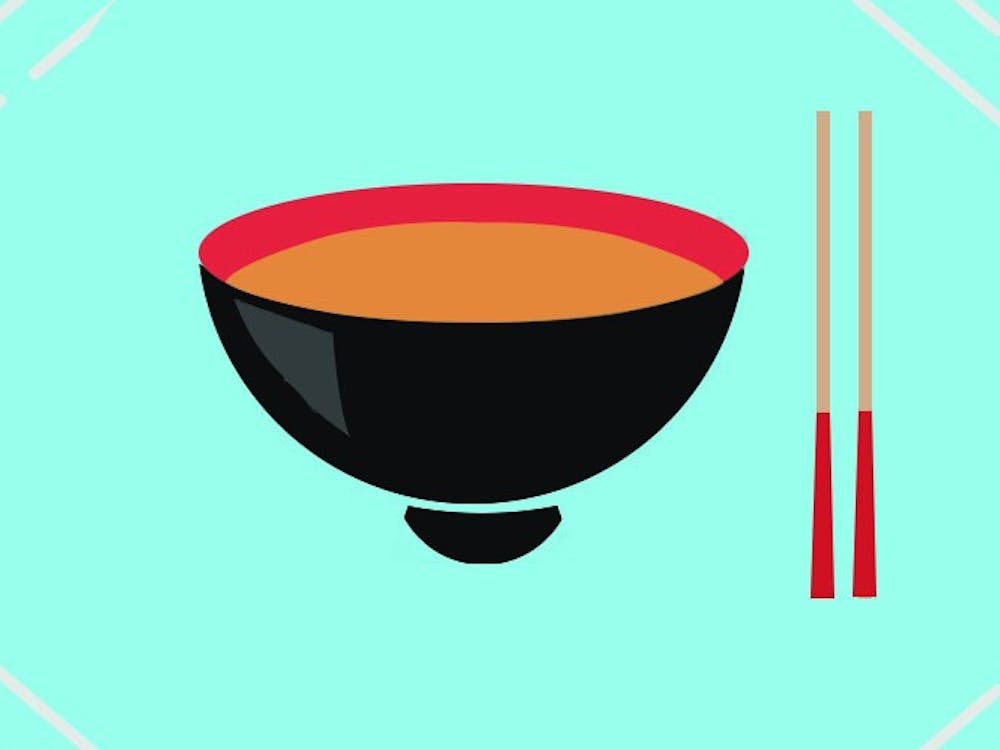When I was 17, I thought I’d found the love of my life. At the beginning of my senior year of high school, I stumbled out of an unusually long awkward phase and into John’s arms. He was everything I had hoped my first boyfriend would be: charming, funny, handsome, actually interested in me — all the essentials, really. Everyone who met him was drawn to him by the sheer power of his personality, and I was no different. I wanted John, but even more than that, I was swept up in a desperate need for him to want me back. One night, he put his Honda Accord in park and leaned over to give me my first real kiss. I might not have been thinking of forever that night, but by the time we were both heading off to college a year later, I didn’t know how to let him go.
John and I had agreed that we didn’t want to start out college tied down to our high school sweethearts. Naturally, this highly logical agreement manifested itself in constant texting, emotional phone calls and one very drunk, sobbing freshman on Princetoween. (I cried myself to sleep listening to the Goo Goo Dolls. Seriously.) By winter break, we were back together. Three months after that the relationship faltered, with one short phone call putting us on hiatus once more. But it seemed that no matter what we said or did, the relationship was never over. Every time we saw each other we fell back into those old rhythms of togetherness. He spoke about our future as if it was a certainty, rather than a highly improbable series of events. I knew the odds were stacked against us, but I chose to believe him anyway. First loves tend to suspend reality like that.
So when John told me that we needed to talk one day during winter break of sophomore year, I was expecting yet another minor speed bump in our relationship. I was not expecting the life-changing revelation that, in fact, John was gay. He came out to me as we drove around our hometown, in the same Honda Accord where we shared our first kiss. At first I thought he was joking; I laughed and asked him to be serious. But as he continued to describe his long struggle with his sexuality, I became desperate to make it stop. I begged him to stop messing around, hoping he would take it all back. Because if it wasn’t a joke, what did that say about the last two years of my life? What did it say about me?
No one ever prepares you for the possibility that Prince Charming might be gay. When a relationship implodes, there are usually myriad reasons that people can point to and instantly understand. Infidelity, lying, drifting apart … the list continues on indefinitely. “Boyfriend coming out of the closet” hadn’t even made it on my list. I was wholly unprepared to deal with John’s revelation, but I attempted to handle my grief on my own. I feared what my friends would say to me when they found out, but particularly dreaded what they would say to each other. I was afraid that every poisonous thought that had already crossed my mind a thousand times — “Why didn’t I know? How could I not have known?” — would be voiced by the people closest to me.
My reluctance to reach out and ask for help only hurt me more. I had never felt lonelier or more adrift. When John came out, I didn’t just lose a boyfriend — I lost the entire future he had constructed for us that I had so eagerly bought into. I was stricken by the loss, but also furious with him for the careless promises he had made. I was even angrier at myself, for my naivete in believing I had found “the one” at 17. In the end, the anger stuck around much longer than the sadness. It was my anger that burned away the vestiges of our relationship.
John wanted to remain close friends. I believed at first that it was possible to maintain the friendship we had cultivated over the years. But as my mood swung from sadness to frustration, I increasingly blamed him for everything that had gone wrong. I couldn’t separate my own pain from John’s coming-out story, and I couldn’t stick around to watch. I broke off contact weeks into our attempt at friendship. We haven’t spoken since.
Looking back, I realize that the source of my anger was simply my refusal to believe that I had been a pit stop on someone else’s road to self-discovery. The relationship that had been so formative and important to me was now a thing of the past, a part of John’s period of sexual experimentation. Coming to the realization that my role in John’s life story would be confined to a single chapter was difficult. When you spend your whole life visualizing yourself as the main character of the novel, it’s hard to conceptualize that you might in fact have a supporting role.
Sometimes I’ll pull up John’s Facebook page and let my cursor hover over the ‘message’ button. I think about the ways I could break a year-long silence, but no words seem to match the size or importance of that act. Maybe one day the words will come to me. But until then, I’ll continue to reflect on our relationship for everything it was, rather than everything it wasn’t.








